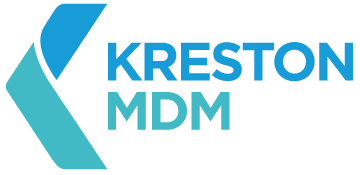In its decisions on May 7, 21 and 28, the Constitutional Court of the Republic of Serbia declared certain parts of the Law on Financial Support to Families with Children Unconstitutional, which was the reason for the Ministry of Family Care and Demography to prepare a proposal for amendments to the law. The Assembly of the Republic of Serbia, which has been in force since July 1, 2021. years.
Every employed woman during maternity leave, which starts 28 days before pregnancy due date, and exceptionally according to the doctor’s findings 45 days before the due date for childbirth up to three months of the child’s life, receives salary compensation during maternity leave, which cannot be less than the minimum wage on the day of the leave. The condition is to have at least one recorded base on which salary contributions are paid. Previously, in order to exercise this right, at least six bases on which salary contributions were paid were required.
The changes also apply to employed mothers who have a sick child, for whom the competent commission has approved the use of leave for special child care, who will be able to use the salary allowance with the allowance that belongs to them on the basis of the right to assistance and care of a child. The right to special child care can last until the child is five years old.
With the new provisions, women agricultural insurers are also in a more favorable position, as they can exercise the right to other benefits based on birth, care and special child care. The bases on which the contributions for pension and disability insurance were paid in the 18 months preceding the birth of the child will be taken for the calculation of the compensation. This provision will have retroactive effect from May 8, 2021.
In accordance with the amendments to the Law of 1.1.2022, employed women, women who are self-employed or engaged on the basis of flexible forms of work, and earn incomes that are higher than three average salaries in Serbia, will be able to receive salary compensation and other benefits in the amount of up to five average salaries on the day of leave (so far, the maximum has been three average salaries).




